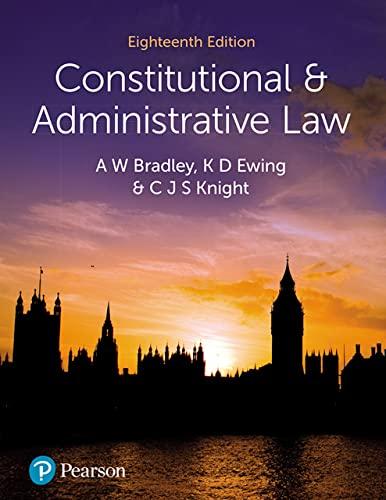Question
Mallinckrodt received an undergraduate degree from the University of Miami and, in 1995, a graduate degree from Barry University in mental health counseling. To finance
Mallinckrodt received an undergraduate degree from the University of Miami and, in 1995, a graduate degree from Barry University in mental health counseling. To finance this education, Mallinckrodt borrowed from The Education Resources Institute, Inc., and others. Unable to find a job as a counselor, Mallinckrodt worked as a tennis instructor and coach. (At one time, he had played professional tennis and was ranked among the top eight hundred players in the world.) In 1996, he ruptured his Achilles tendon and was unable to work. After a lengthy rehabilitation, he began work on a part-time, hourly basis at Horizon Psychological Services, but the work was intermittent and low paying. He continued to work as a tennis instructor and was also a licensed real estate broker, but he had little income in either field. With monthly income of about $549 after taxes, and minimum living expenses of $544, Mallinckrodt filed a bankruptcy petition to discharge his student loan debt, which with interest totaled nearly $73,000. Is this debt dischargeable? Should it be?
What are the benefits and risks of allowing student loans to be discharged in bankruptcy? Is the current law the correct balance? Does it matter if the student loans are given by private lenders or the government? Should it matter?
Step by Step Solution
There are 3 Steps involved in it
Step: 1

Get Instant Access to Expert-Tailored Solutions
See step-by-step solutions with expert insights and AI powered tools for academic success
Step: 2

Step: 3

Ace Your Homework with AI
Get the answers you need in no time with our AI-driven, step-by-step assistance
Get Started


